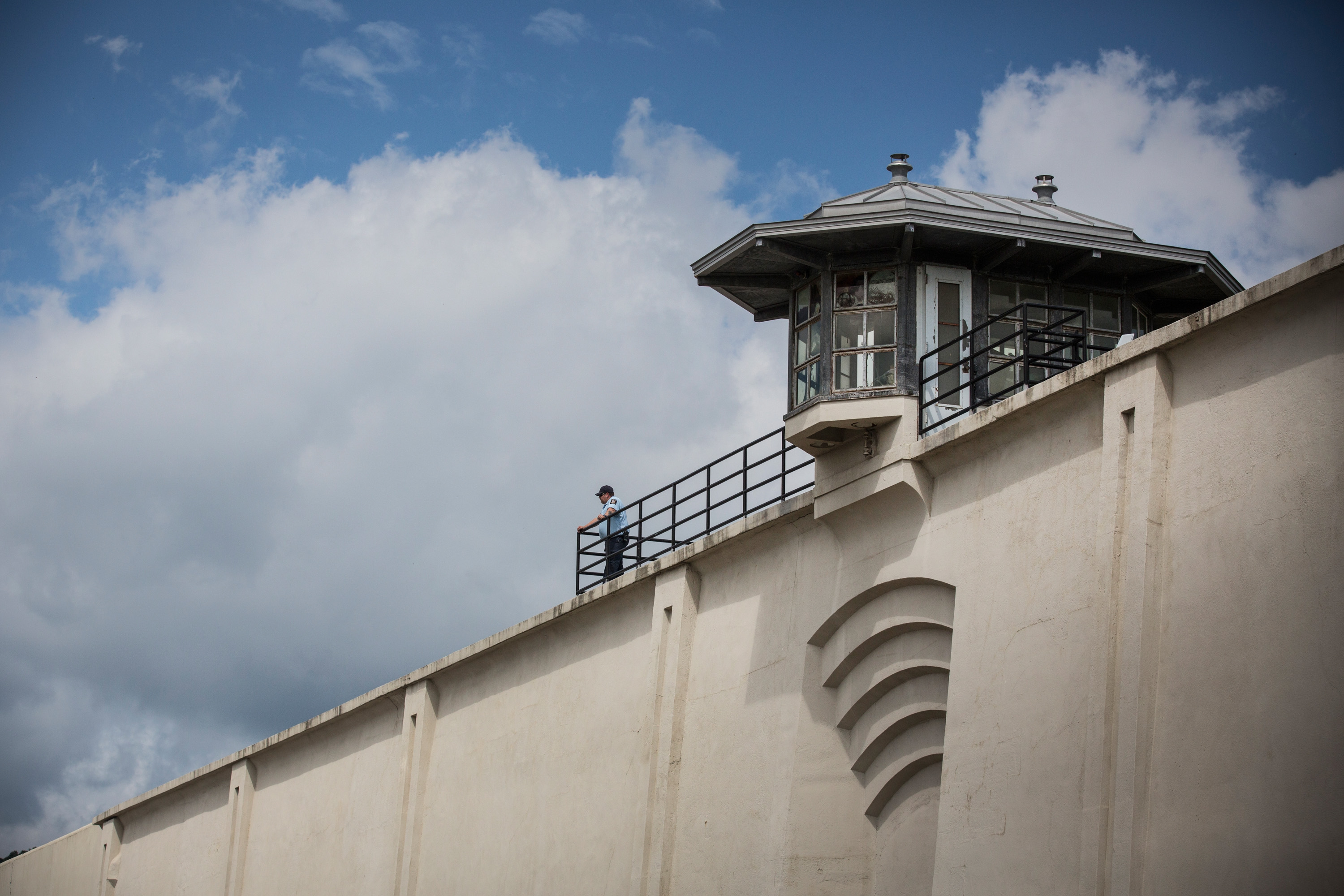America's insane problem with counting prisoners
How do you fix a problem if you're not sure what it is?


A free daily email with the biggest news stories of the day – and the best features from TheWeek.com
You are now subscribed
Your newsletter sign-up was successful
The deep racism of the criminal justice system has gotten more attention over the last year than anytime since the 1960s. This is a long-overdue development, but it is hampered by an epistemological problem: We know the system is racist, but don't have a clear picture of how it operates.
Put simply, the existing data on America's prisons, courts, and police are terrible. Beefing up existing surveys and measurements, as well as adding a few new ones, is a project that everyone left or right ought to support. Without a granular understanding of the system, any reform project — or even a simple crime control effort — will be gravely handicapped.
The major institution compiling data on the criminal justice system is the Bureau of Justice Statistics. While they do an admirable job with little staff or funding, their concentration is primarily on criminals and victims of crime. Their studies of the prison or jail population, parolees, or probationers are conducted on the institution level. They send out a survey to each facility with some simple demographic questions — how many prisoners overall, how many are white, black, etc — and compile from there.
The Week
Escape your echo chamber. Get the facts behind the news, plus analysis from multiple perspectives.

Sign up for The Week's Free Newsletters
From our morning news briefing to a weekly Good News Newsletter, get the best of The Week delivered directly to your inbox.
From our morning news briefing to a weekly Good News Newsletter, get the best of The Week delivered directly to your inbox.
That is a problem because it makes fine-grained analysis of the jail population extremely difficult. Measurements of the unemployment rate, by contrast, survey thousands of individual people — meaning one can get into the microdata file to produce any number of detailed breakdowns. In addition to the overall unemployment rate, we could figure out the unemployment rate among black women over 45, or disabled Latinos with a high school diploma, and so forth.
That sort of granular analysis is simply impossible with facility head counts only. People wishing to construct simple education breakouts (for example, prisoner populations by race and educational attainment) have to go to different, non-ideal datasets, or construct complicated statistical proxies, to even get a rough estimate.
Even worse, many government surveys, such as the American Community Survey (ACS), have serious problems even getting that simple head count. One important one, the Current Population Survey, doesn't count prisoners at all. Sociologist Becky Pettit ended up writing an entire book about this problem when an effort to calculate the fraction of low-skill black men in prison returned a result greater than 100 percent. (She found that rampant underestimation of the number of incarcerated black men made figuring out the size of the black-white gap look smaller than it really is.)
Worse still is data on police shootings. There are very few efforts to even measure those, and recent efforts to produce some data have turned out total garbage. Data on arrests is a bit better, but like the inmate surveys, is not individualized.
A free daily email with the biggest news stories of the day – and the best features from TheWeek.com
So this suggests a clear policy agenda. Either the BJS ought to produce regular, individual-level surveys on arrestees, inmates, probationers, and parolees on par with normal Census reports (and provided with the money to do so), or the Census itself ought to include them in their normal work. All police departments across the country ought to be required to provide detailed information on every person killed by police, if not every use of violence.
Unfortunately, Congress seems to be going the opposite direction. For the second time in the last couple years, Republicans are trying to dramatically weaken the ACS by making it optional (over even the panicked objections of hundreds of business lobbyists). They're always looking to cut spending, and are concerned about the intrusiveness of the survey questions, supposedly.
That's an extremely bad idea. But when it comes to inmates at least, it seems like conservatives would have less of a problem requiring them to provide some basic demographic and economic data — presumably because prisoners would have less of a right to privacy than ordinary people.
As many conservatives have themselves acknowledged, America's stupendous incarceration rate is a major problem. In a prison system as vast as that of the U.S., it is outrageous we don't have a clearer understanding of it.
Ryan Cooper is a national correspondent at TheWeek.com. His work has appeared in the Washington Monthly, The New Republic, and the Washington Post.
